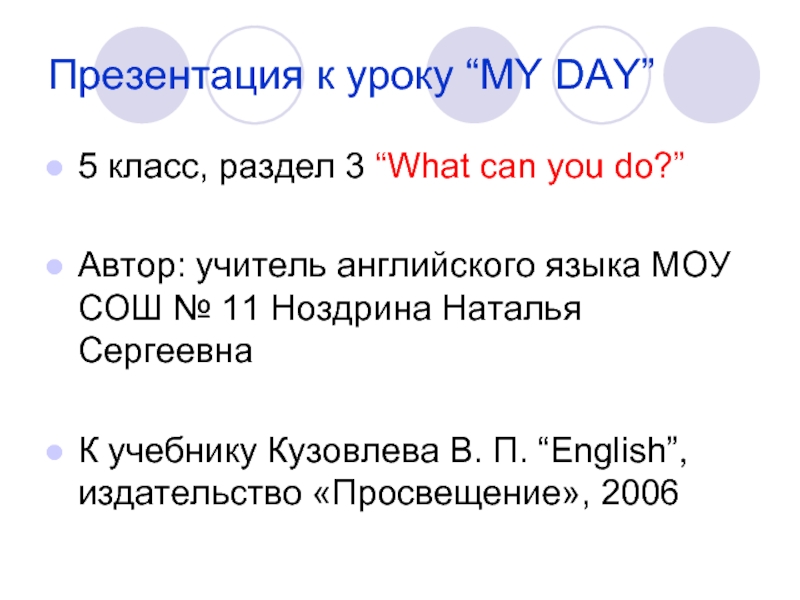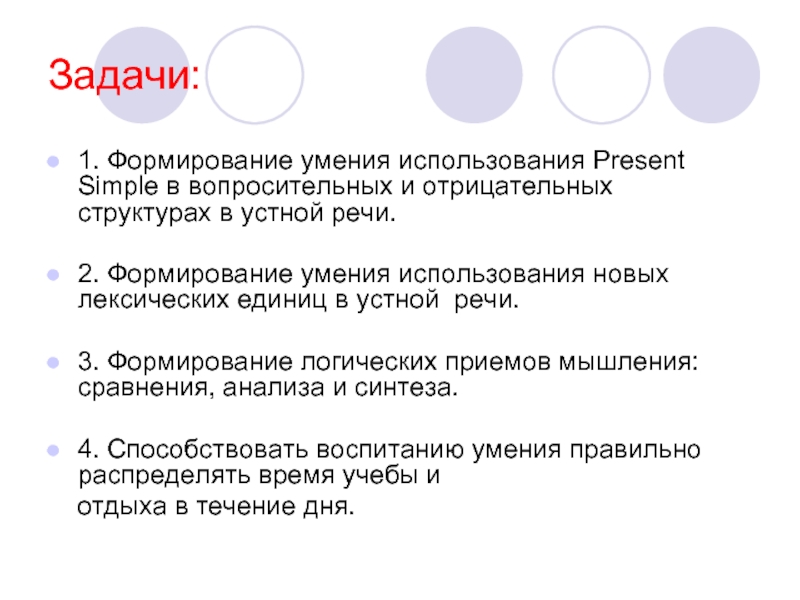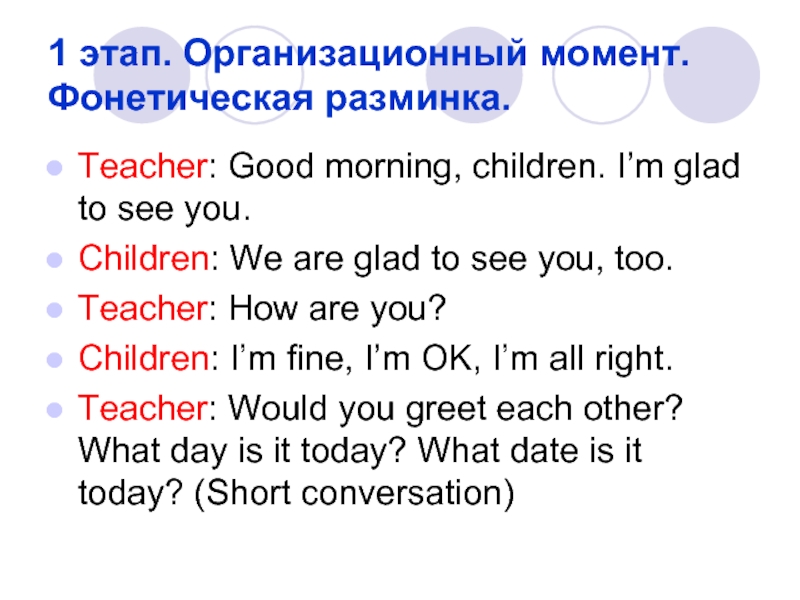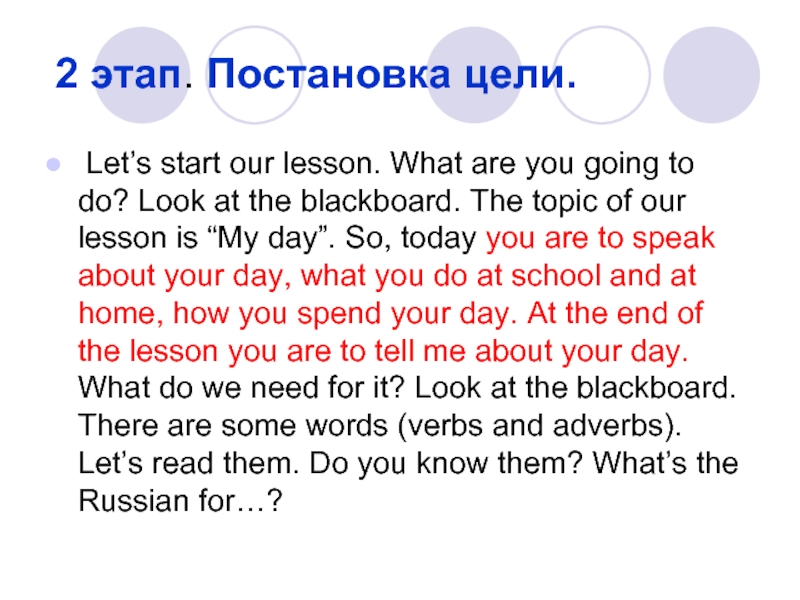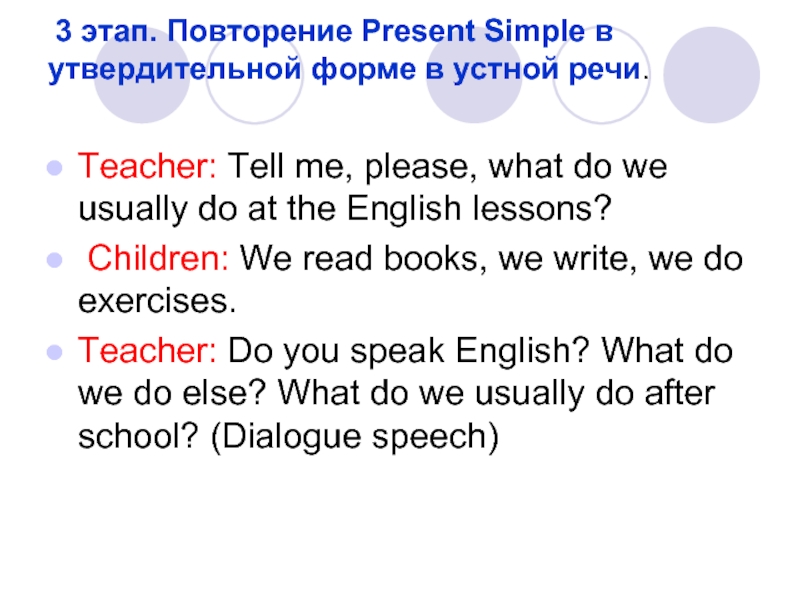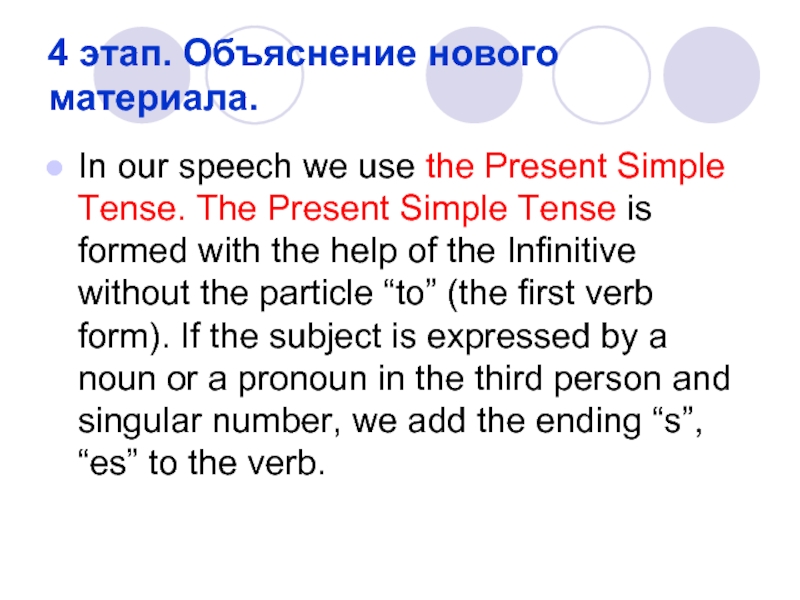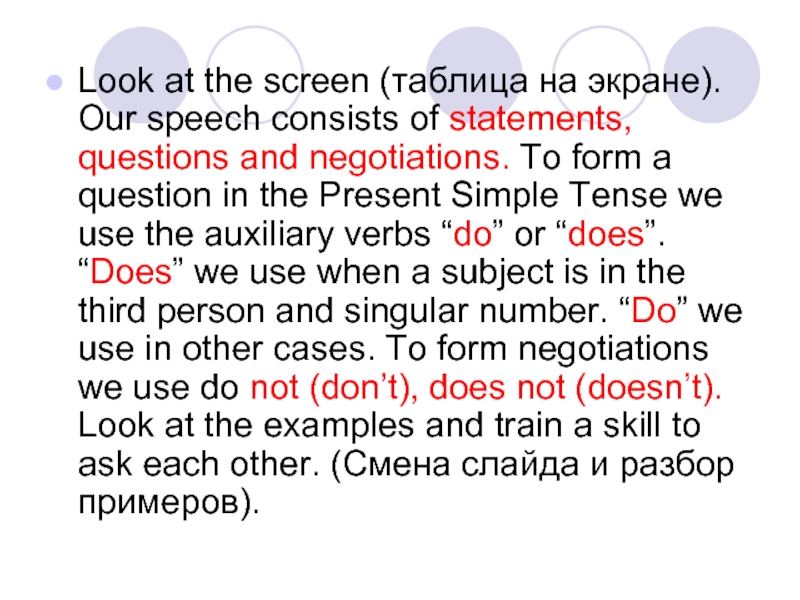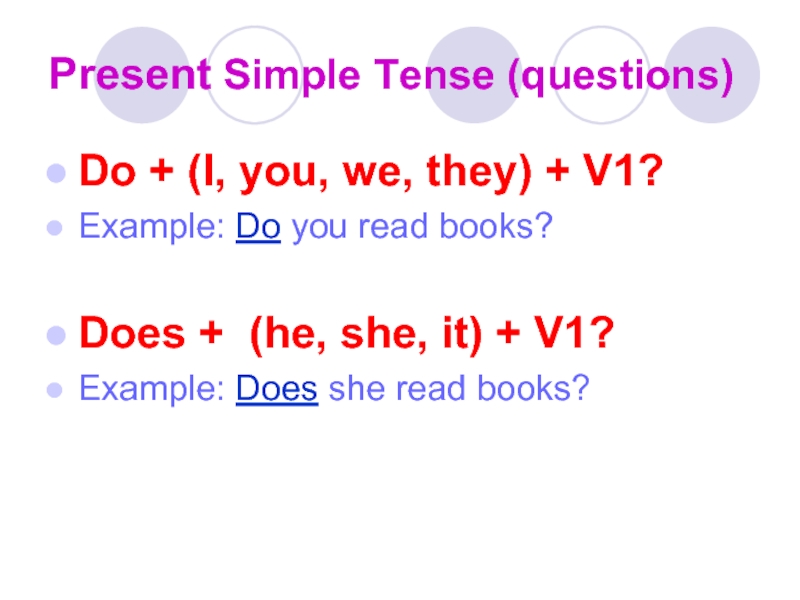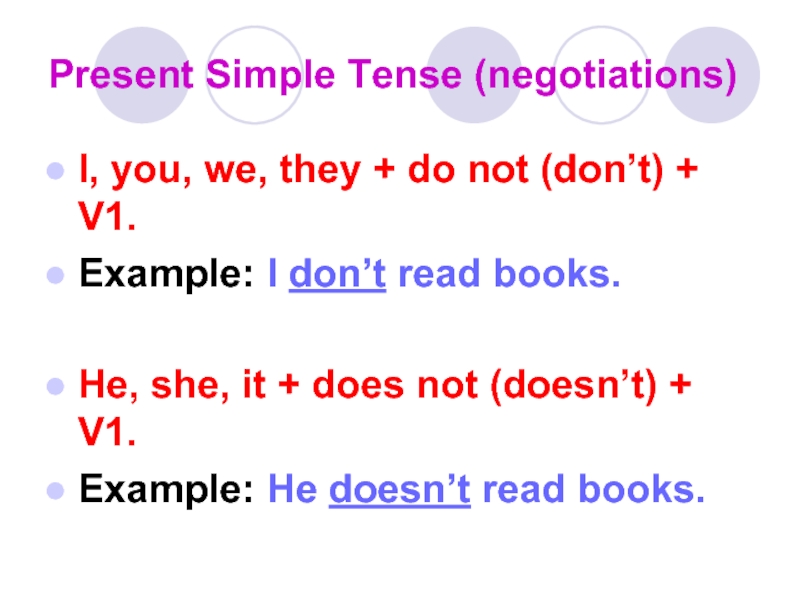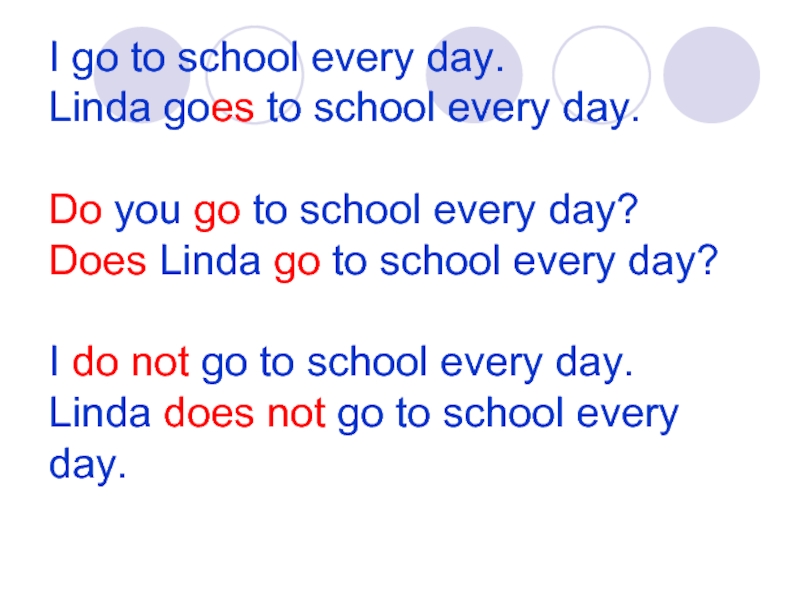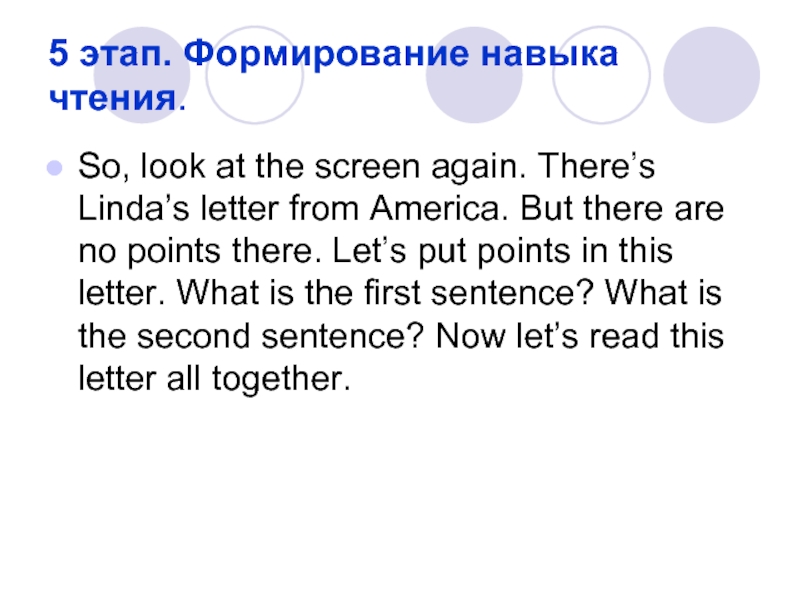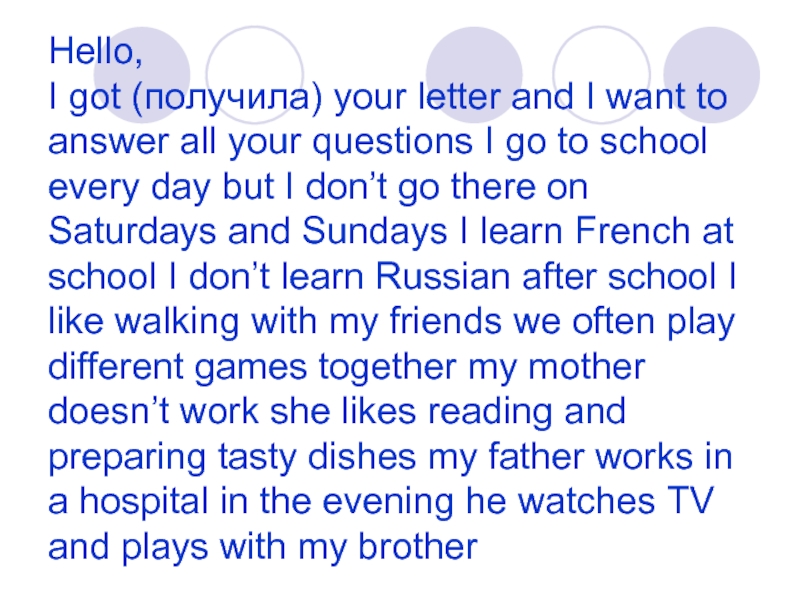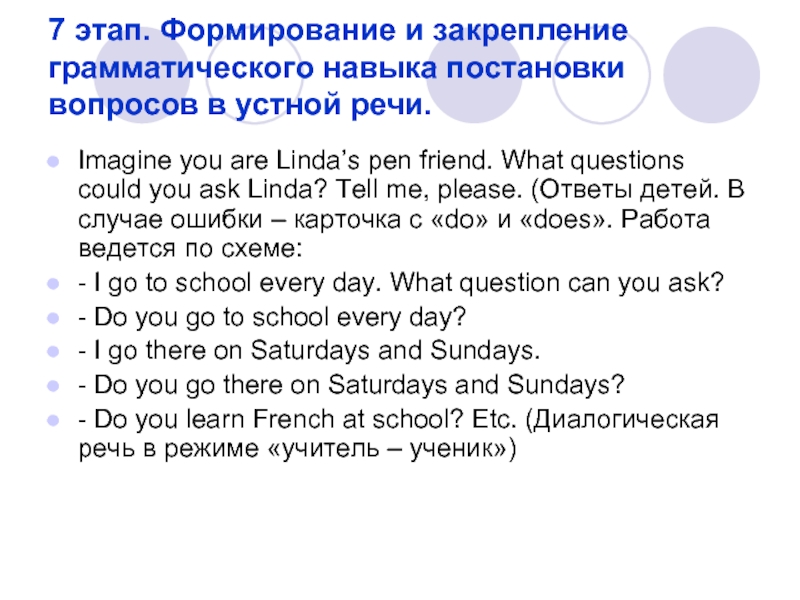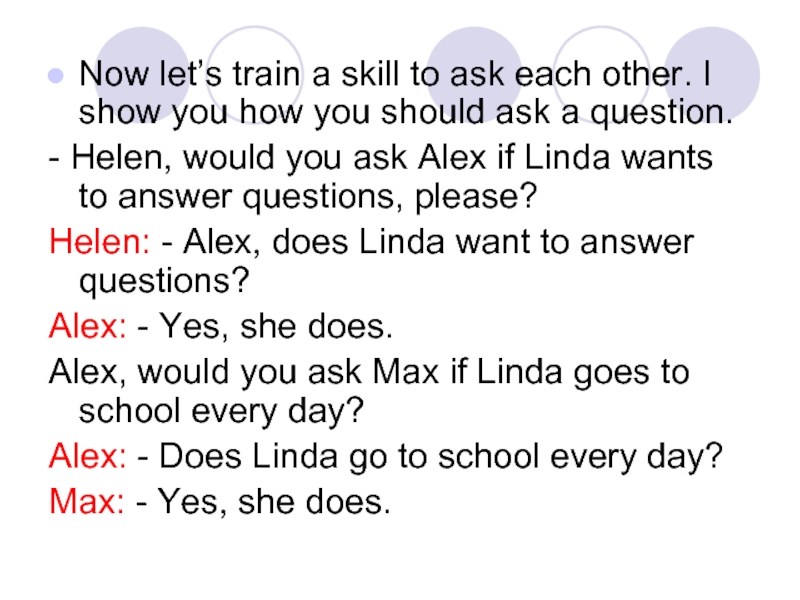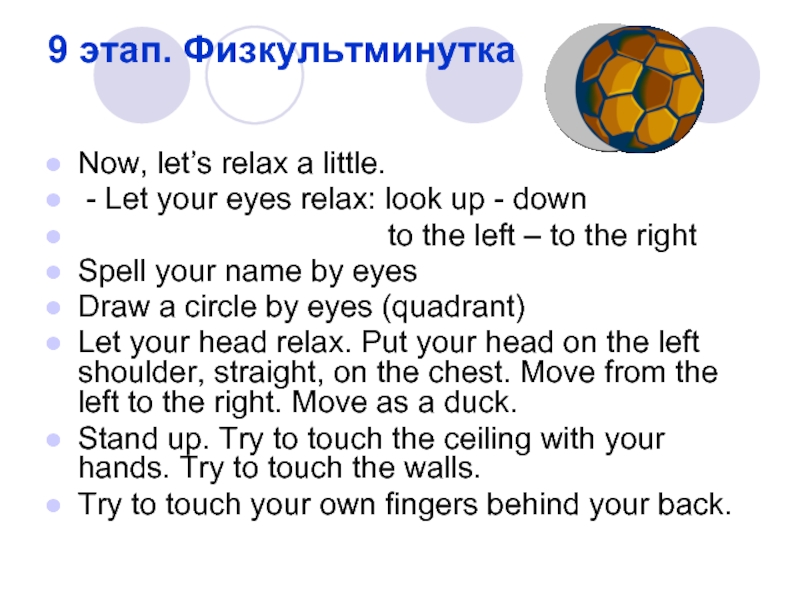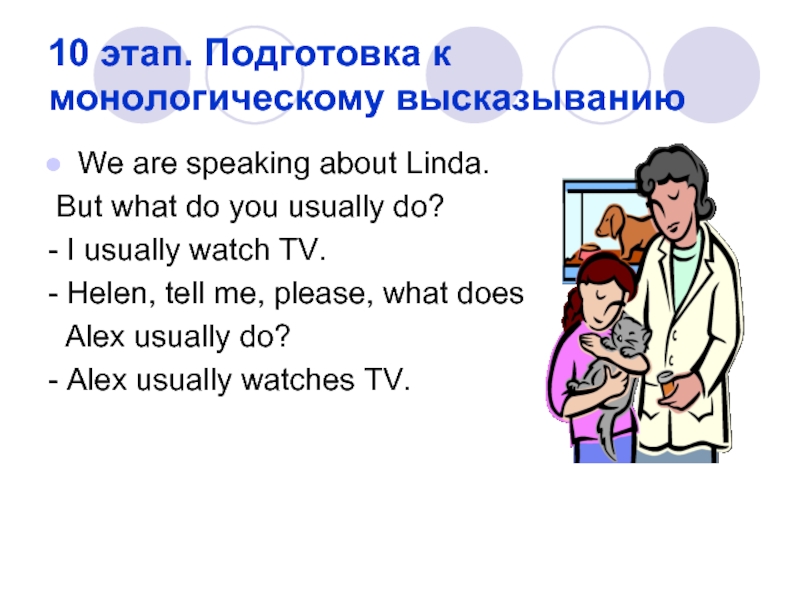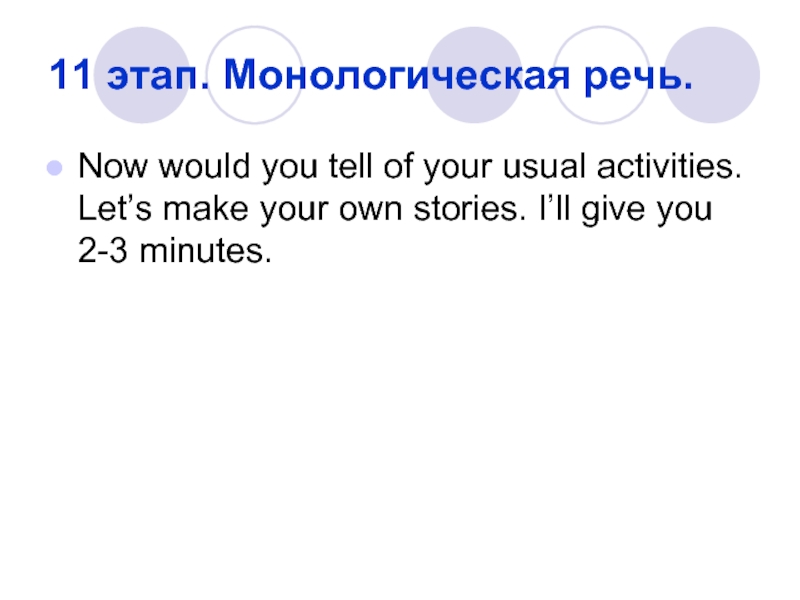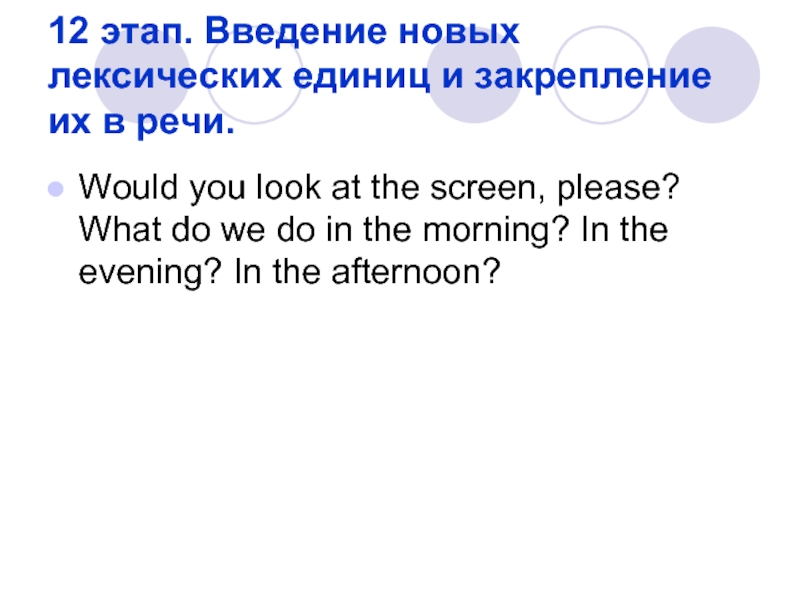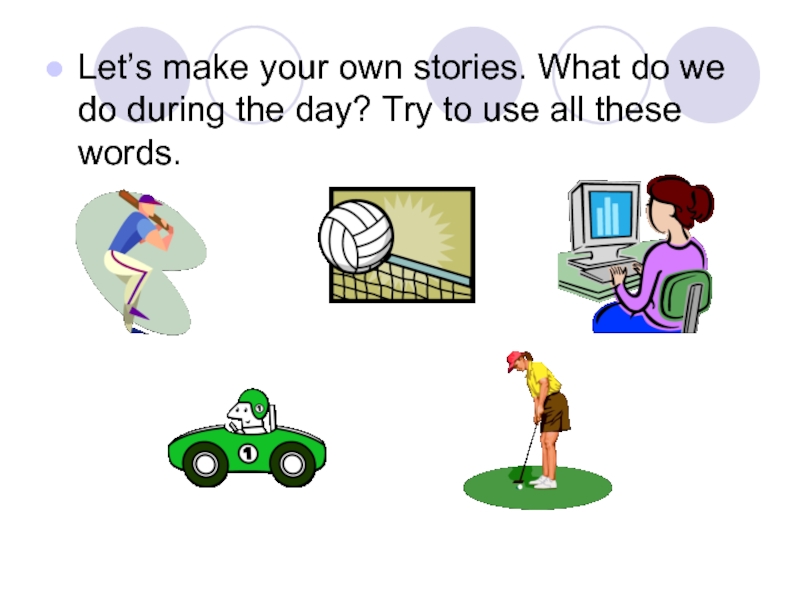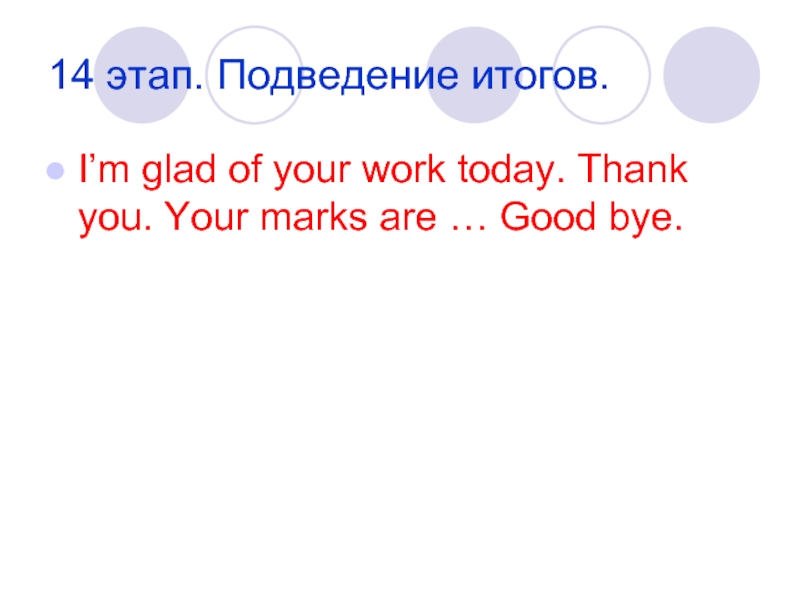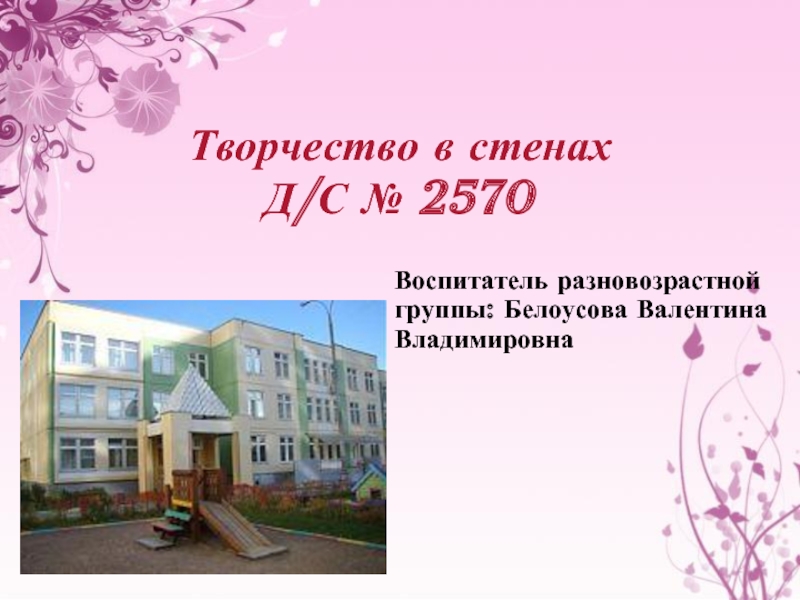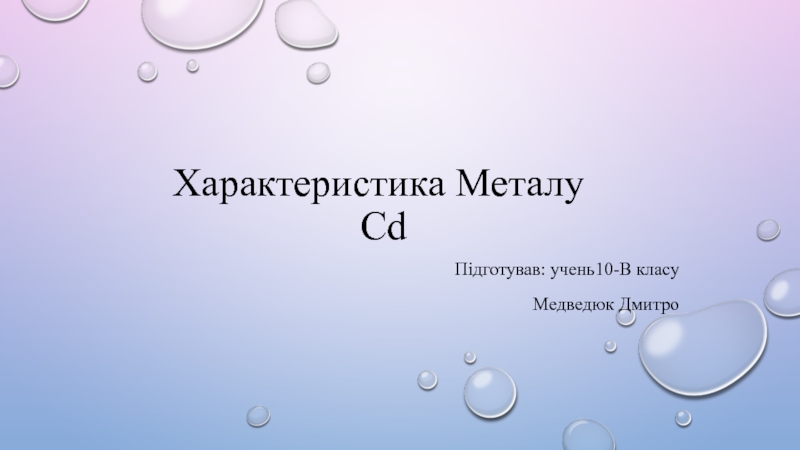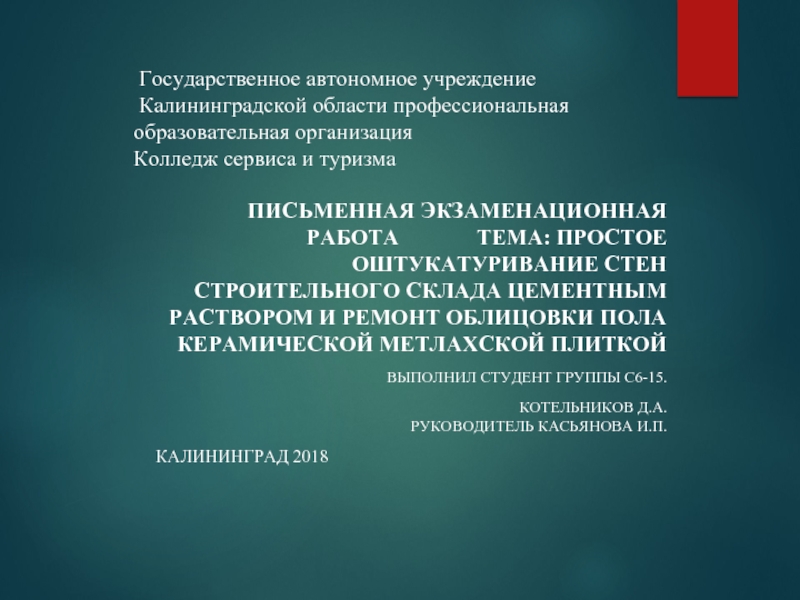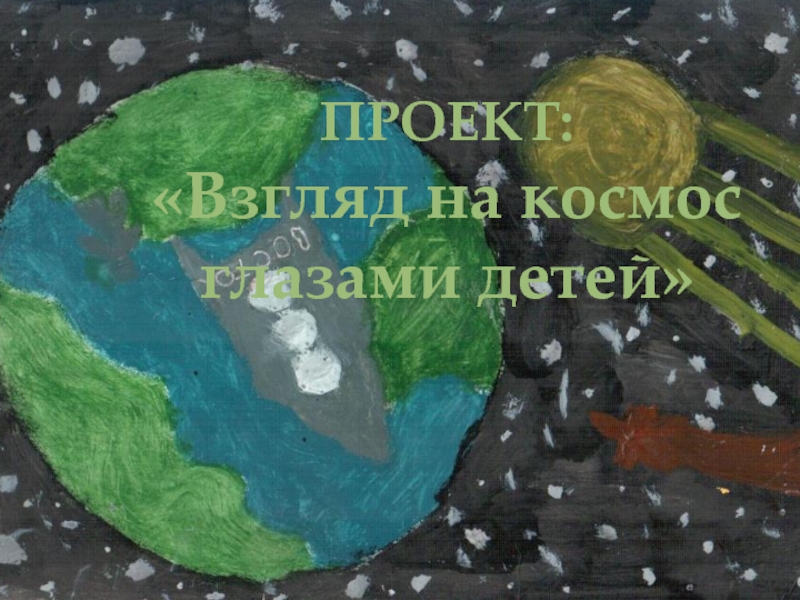- Главная
- Разное
- Дизайн
- Бизнес и предпринимательство
- Аналитика
- Образование
- Развлечения
- Красота и здоровье
- Финансы
- Государство
- Путешествия
- Спорт
- Недвижимость
- Армия
- Графика
- Культурология
- Еда и кулинария
- Лингвистика
- Английский язык
- Астрономия
- Алгебра
- Биология
- География
- Детские презентации
- Информатика
- История
- Литература
- Маркетинг
- Математика
- Медицина
- Менеджмент
- Музыка
- МХК
- Немецкий язык
- ОБЖ
- Обществознание
- Окружающий мир
- Педагогика
- Русский язык
- Технология
- Физика
- Философия
- Химия
- Шаблоны, картинки для презентаций
- Экология
- Экономика
- Юриспруденция
Презентация к уроку “MY DAY” презентация
Содержание
- 1. Презентация к уроку “MY DAY”
- 2. Form 5 Unit 3 My day
- 3. Цель урока: совершенствование лексико-
- 4. Задачи: 1. Формирование умения использования Present Simple
- 5. 1 этап. Организационный момент. Фонетическая разминка. Teacher:
- 6. 2 этап. Постановка цели. Let’s start
- 7. Our words to go to
- 8. 3 этап. Повторение Present Simple в
- 9. 4 этап. Объяснение нового материала. In
- 10. Look at the screen
- 11. Present Simple Tense (statements) I, you, we,
- 12. Present Simple Tense (questions) Do + (I,
- 13. Present Simple Tense (negotiations) I, you, we,
- 14. I go to school every day. Linda
- 15. 5 этап. Формирование навыка чтения. So, look
- 16. Hello, I got (получила) your letter and
- 17. 6 этап. Проверка понимания текста (устная речь
- 18. 7 этап. Формирование и закрепление грамматического навыка
- 19. Now let’s train a skill to
- 20. 8 этап. Формирование и закрепление навыка постановки
- 21. 9 этап. Физкультминутка Now, let’s relax
- 22. 10 этап. Подготовка к монологическому высказыванию
- 23. 11 этап. Монологическая речь. Now would you
- 24. 12 этап. Введение новых лексических единиц и
- 25. Morning: to get up – вставать
- 26. Let’s make your own stories. What
- 27. 14 этап. Подведение итогов. I’m glad
Слайд 1Презентация к уроку “MY DAY”
5 класс, раздел 3 “What can you
Автор: учитель английского языка МОУ СОШ № 11 Ноздрина Наталья Сергеевна
К учебнику Кузовлева В. П. “English”, издательство «Просвещение», 2006
Слайд 2Form 5
Unit 3
My day
Ноздрина Наталья Сергеевна, учитель английского языка МОУ СОШ
Слайд 3Цель урока:
совершенствование лексико- грамматических навыков
употребления Present Simple.
Слайд 4Задачи:
1. Формирование умения использования Present Simple в вопросительных и отрицательных структурах
2. Формирование умения использования новых лексических единиц в устной речи.
3. Формирование логических приемов мышления: сравнения, анализа и синтеза.
4. Способствовать воспитанию умения правильно распределять время учебы и
отдыха в течение дня.
Слайд 51 этап. Организационный момент.
Фонетическая разминка.
Teacher: Good morning, children. I’m glad to
Children: We are glad to see you, too.
Teacher: How are you?
Children: I’m fine, I’m OK, I’m all right.
Teacher: Would you greet each other? What day is it today? What date is it today? (Short conversation)
Слайд 62 этап. Постановка цели.
Let’s start our lesson. What are you
Слайд 7Our words
to go to school
to go home
to do homework
to walk
to play (sport games,
computer games)
Слайд 8 3 этап. Повторение Present Simple в утвердительной форме в устной
Teacher: Tell me, please, what do we usually do at the English lessons?
Children: We read books, we write, we do exercises.
Teacher: Do you speak English? What do we do else? What do we usually do after school? (Dialogue speech)
Слайд 94 этап. Объяснение нового материала.
In our speech we use the
Слайд 10
Look at the screen (таблица на экране). Our speech
Слайд 11Present Simple Tense (statements)
I, you, we, they + V1:
He, she, it + V1(S):
He reads books every day
Слайд 12Present Simple Tense (questions)
Do + (I, you, we, they) + V1?
Example:
Does + (he, she, it) + V1?
Example: Does she read books?
Слайд 13Present Simple Tense (negotiations)
I, you, we, they + do not (don’t)
Example: I don’t read books.
He, she, it + does not (doesn’t) + V1.
Example: He doesn’t read books.
Слайд 14I go to school every day. Linda goes to school every day. Do
Слайд 155 этап. Формирование навыка чтения.
So, look at the screen again. There’s
Слайд 16Hello, I got (получила) your letter and I want to answer all
Слайд 176 этап. Проверка понимания текста (устная речь – вопросно-ответные упражнения).
Now,
What does Linda do every day? ( I go to school every day, but I don’t go there on Saturdays and Sundays.)
What does she learn at school? What does she say about it? ( I learn French at school.)
What does she do after school?
What does her mother do?
What does her mother like?
What does her father do?
What does he do at the evening?
Слайд 187 этап. Формирование и закрепление грамматического навыка постановки вопросов в устной
Imagine you are Linda’s pen friend. What questions could you ask Linda? Tell me, please. (Ответы детей. В случае ошибки – карточка с «do» и «does». Работа ведется по схеме:
- I go to school every day. What question can you ask?
- Do you go to school every day?
- I go there on Saturdays and Sundays.
- Do you go there on Saturdays and Sundays?
- Do you learn French at school? Etc. (Диалогическая речь в режиме «учитель – ученик»)
Слайд 19
Now let’s train a skill to ask each other. I show
- Helen, would you ask Alex if Linda wants to answer questions, please?
Helen: - Alex, does Linda want to answer questions?
Alex: - Yes, she does.
Alex, would you ask Max if Linda goes to school every day?
Alex: - Does Linda go to school every day?
Max: - Yes, she does.
Слайд 208 этап. Формирование и закрепление навыка постановки вопроса в письменной речи.
Would
Слайд 219 этап. Физкультминутка
Now, let’s relax a little.
- Let your eyes
to the left – to the right
Spell your name by eyes
Draw a circle by eyes (quadrant)
Let your head relax. Put your head on the left shoulder, straight, on the chest. Move from the left to the right. Move as a duck.
Stand up. Try to touch the ceiling with your hands. Try to touch the walls.
Try to touch your own fingers behind your back.
Слайд 2210 этап. Подготовка к монологическому высказыванию
We are speaking about Linda.
- I usually watch TV.
- Helen, tell me, please, what does
Alex usually do?
- Alex usually watches TV.
